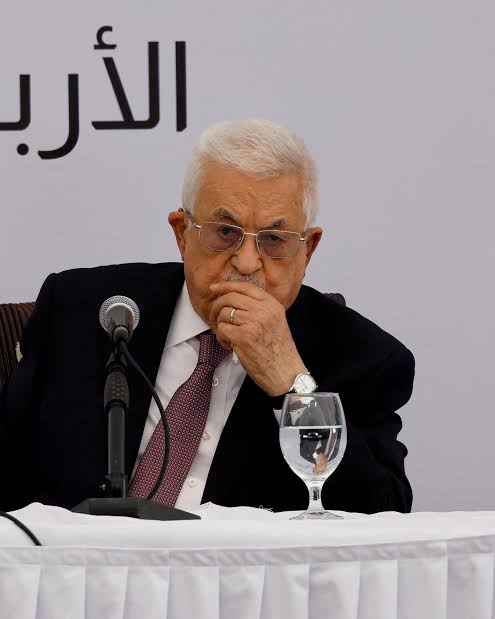By Eniola Amadu
The United States has refused to grant visas to Palestinian Authority President Mahmoud Abbas and dozens of other Palestinian officials, preventing them from travelling to New York for next month’s United Nations General Assembly.
At the assembly, several U.S. allies are expected to formally recognise Palestine as a state.
A State Department official confirmed yesterday that visas would be denied or revoked for Abbas and about 80 members of the Palestinian Authority (PA) and the Palestine Liberation Organisation (PLO).
READ ALSO: Trump revokes secret service protection for Kamala Harris
Abbas had been slated to address the General Assembly and attend a summit alongside leaders of Britain, France, Australia, and Canada—countries that have pledged to recognise Palestinian statehood.
Abbas’ office condemned the move, calling it a violation of the U.N. ‘s 1947 “headquarters agreement,” which generally requires the U.S. to allow access for foreign diplomats to U.N. meetings in New York.
However, Washington argued it retains the right to deny visas on grounds of security, extremism, and foreign policy.
Meanwhile, Palestinian spokesperson Nabil Abu Rudeineh urged the U.S. to reverse its decision, saying it “contradicts international law.”
Several European leaders also criticised the move. French Foreign Minister Jean-Noel Barrot said U.N. gatherings “cannot be subject to any restrictions on access,” while Irish Foreign Minister Simon Harris urged the EU to protest “in the strongest possible terms.”
Spain’s Prime Minister Pedro Sanchez called the decision “unjust” after speaking with Abbas, affirming that “Palestine has the right to make its voice heard.”
The U.S. defended its position by citing what it described as the PA and PLO’s failure to reject extremism and their pursuit of “unilateral recognition” of statehood.
READ ALSO: US court blocks Trump bid to end Venezuelan protections
Palestinian officials dismissed the claims, accusing Washington of blocking peace prospects while Israeli occupation continues.
The restrictions do not apply to the Palestinian mission to the U.N., whose officials are permanently based in New York.



